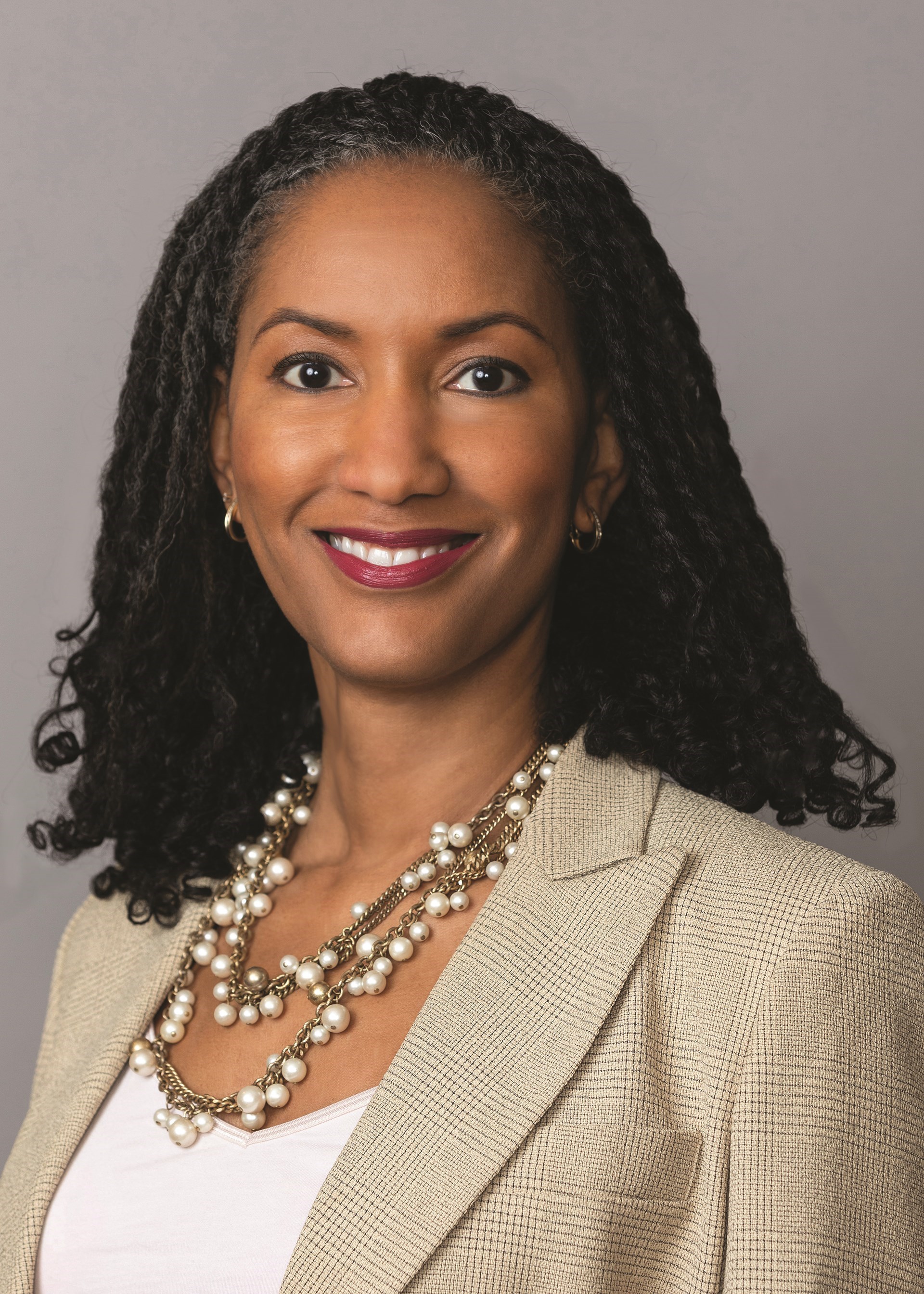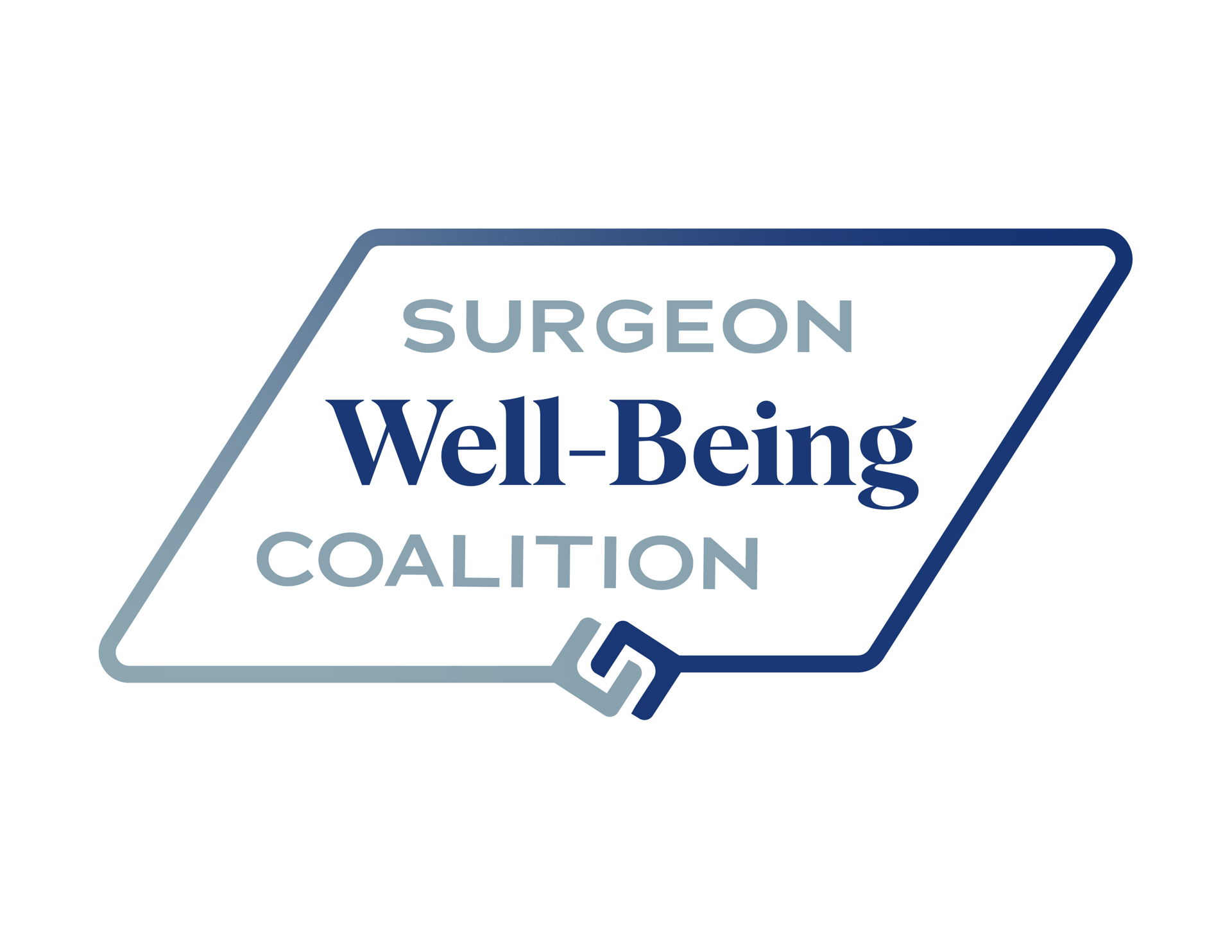Since the founding of our first cancer program more than a century ago, the ACS has focused on quality improvement in cancer surgery. This year, approximately 1.9 million people in the US will receive a cancer diagnosis. Of these, about 1.4 million will be treated in hospitals accredited by the ACS through our Commission on Cancer (CoC).
Expanding on our long-standing commitment to cancer care, a goal this year is to increase our impact to include all newly diagnosed cancer patients nationwide.
In October 2023, Ronald J. Weigel, MD, PhD, MBA, FACS, joined the ACS as the new Medical Director of Cancer Programs. His career, like ACS Cancer Programs, is aimed at improving cancer care through research, administration, and clinical means. In his surgical practice at the University of Iowa, he concentrates on oncological and endocrine surgery. He has also sustained a prolific research career focused on understanding how transcription factors interact with the genome to influence cancer phenotypes.
Now that he’s at the helm of our Cancer Programs, Dr. Weigel has plans to do even more to improve cancer care.
Cancer Programs, like all ACS Quality Programs, rely on two-way communication between the College and surgeons about patient care. Essentially, CoC accreditation is a feedback loop: starting with information from surgeons nationwide, we created best practices, plus data registries to track the implementation of those practices. With the resulting data, we can develop benchmarks and offer feedback to individual hospitals, programs, and surgeons about the quality of care they provide. We can also offer recommendations for improvement and complete research on new approaches.
“It’s got to be a dynamic process with information flowing in both directions to advance the way we take care of patients,” Dr. Weigel summarized in conversation, noting that no step in the process deviates from the core tasks of communication and support.
A key aim for Dr. Weigel—and the entire ACS—is to reach more hospitals and surgeons with that support. Creating a tiered system that recognizes those key differences can extend the benefits of CoC accreditation to all hospitals, irrespective of their size and location, as well as to all surgeons and patients.
For hospitals that are smaller, more rural, or community based, and those treating greater concentrations of indigent patients, a tier that tailors CoC standards to their unique needs and capabilities may make accreditation more feasible and useful. If the accreditation standards are carefully chosen and well implemented, they can help improve the quality of care available and thus augment nationwide healthcare equity.
We know that bringing accreditation to these hospitals can be impactful. A 2022 study in the Annals of Surgical Oncology examined quality measures in urban and rural hospitals in 10,381 patients and found that CoC accreditation was associated with better outcomes in both types of hospitals. Rural hospitals were significantly less likely to be CoC accredited, but when they were, their performances on quality measures were significantly better than those of nonaccredited hospitals in both rural and urban settings.
The improved odds were often substantial; for example, the odds ratio for adequate colon nodal yield in an accredited hospital vs. a nonaccredited one was 3.73 (95% CI, 2.55–5.44; p < .001). We know that expanding accreditation to more hospitals will be meaningful to patient outcomes.
For academic medical centers and other large healthcare institutions, a new, advanced-level tier may involve meeting higher standards than are currently prescribed in the CoC accreditation standards. This would be a meaningful addition to their existing infrastructure, and these hospitals may also be able to help other hospitals in their catchment area deliver high-quality care.
For the ACS, the next step is to create two new tiers capturing the evidence-based practices that positively impact patient care. This is a process that Dr. Weigel and the Cancer Programs team are beginning now.
In April 2023, we publicly launched The Power of Quality campaign to bring our Quality Programs to the attention of every hospital, surgeon, payer, policymaker, and patient in the US. Now more than ever, we want to ensure all 1.9 million patients diagnosed with cancer this year are treated in CoC-accredited hospitals.
Cancer Webinar
The ACS Cancer Programs are creating numerous resources for ACS members, including a new webinar, developed through a partnership with the Society of Surgical Oncology, for community-based surgeons caring for cancer patients. If this is your practice, please consider attending this webinar, which will cover recent practice changes that impact clinical care—such as ensuring surgical interventions are targeted to patients most likely to benefit.
ACS Cancer Conference
Among the many other offerings from Cancer Programs is our annual Cancer Conference. If you are a member of the cancer team, please join us this February 22–24, in Austin, Texas, for 2 days of sessions on standards, quality improvement, survivorship, and more. Register today.
In closing, I wish you, your family, and your colleagues a very happy and healthy 2024. Please don’t hesitate to reach out to me throughout the year with your feedback.














